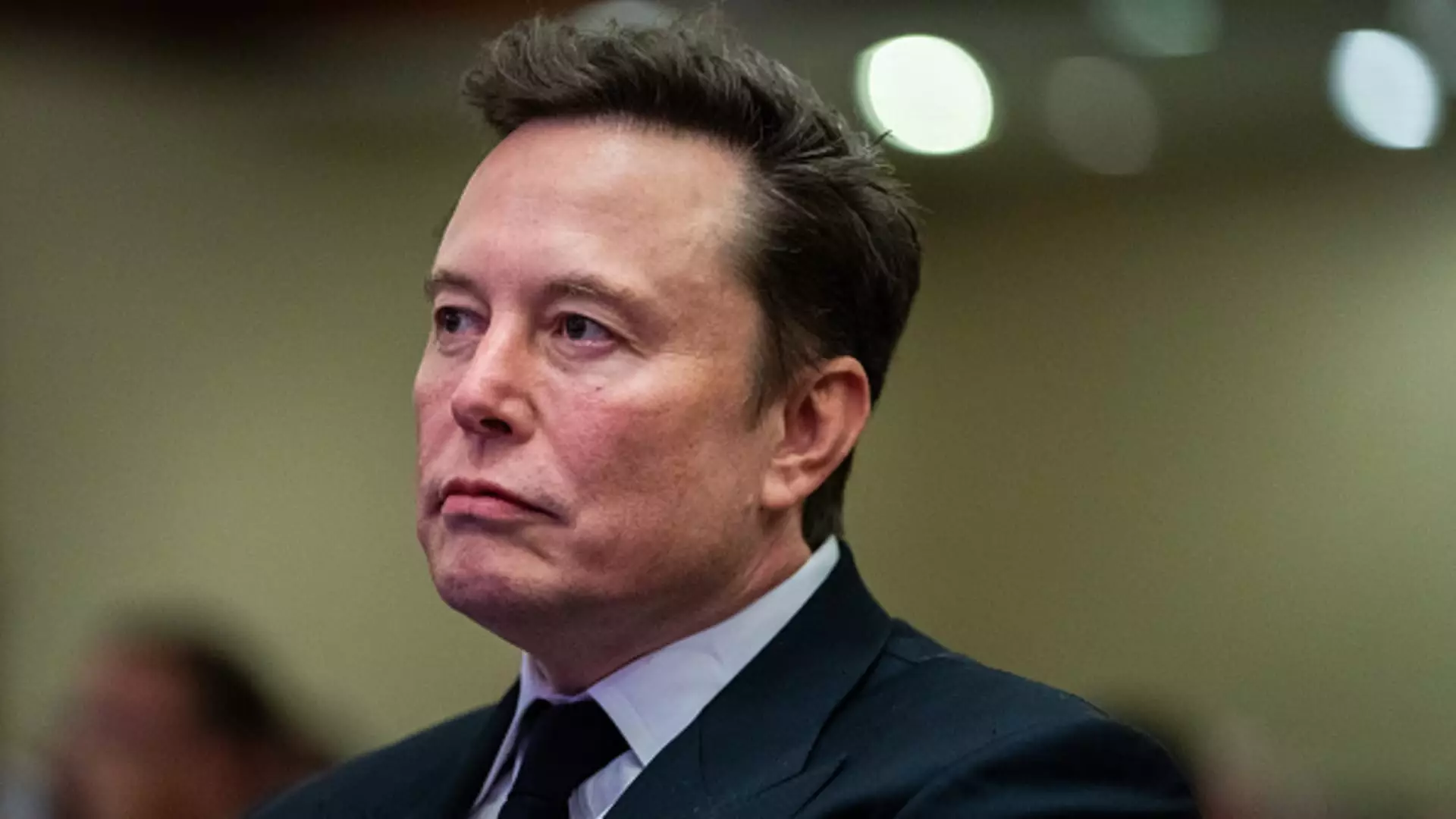In a significant legal decision, Tesla’s CEO Elon Musk faced a major setback when a Delaware judge upheld a previous ruling that deemed his 2018 pay package—valued at approximately $56 billion—as improperly granted. This ruling, which has reverberated through financial and legal circles, marks a critical chapter in the ongoing scrutiny over executive compensation practices, particularly in publicly traded companies. Musk’s compensation plan is noteworthy not only for its astronomical figure but also for being one of the largest pay packages ever granted to a corporate executive in the history of the United States.
The original ruling by Chancellor Kathaleen McCormick in January equated Musk’s control over the company to that of an imperator, suggesting that he heavily influenced the negotiation process of his compensation without a fair or independent board review. Her characterization of the process as “deeply flawed” raised crucial issues about the standards of corporate governance and the role of board members. These events have underscored systemic issues concerning transparency and accountability within corporate leadership structures.
In the wake of the ruling, Tesla announced its intention to appeal, signaling a fierce determination on the part of Musk and his legal team to reinstate what they considered a deserved compensation package. However, Musk’s rhetoric on social media, describing the outcome as “absolute corruption,” reflects a personal frustration that may be detrimental to the public perception of both himself and the company. The theatrical nature of such statements highlights the potential pitfalls of using social media platforms for high-stakes corporate battles.
The back-and-forth between Musk’s legal representation and the judicial system culminated in a shareholder vote held in June 2024, aimed at retroactively ratifying Musk’s pay package. Yet, Chancellor McCormick dismissed this proposition, stating that allowing a later shareholder vote to override previous judicial decisions would set a perilous precedent, resulting in protracted disputes and legal ambiguity.
One of the notable outcomes of this legal saga is the awarding of $345 million in attorney fees to the firm that successfully challenged Musk’s pay package on behalf of Tesla shareholders. This decision emphasizes the judges’ recognition of the need for accountability in cases where executive compensation appears excessive or improperly endorsed. For shareholders, this ruling may enhance confidence in corporate governance and the necessity of checks and balances within executive environments. Subsequently, attorneys representing the plaintiffs expressed their gratitude towards Chancellor McCormick for her robust handling of a complex issue.
The ruling’s implications extend beyond Musk and into the broader landscape of how corporate boards negotiate executive compensation. It raises ongoing discussions about the ethics of self-determined pay structures in which top executives wield significant influence over their own financial rewards. Shareholders are increasingly advocating for more rigorous standards in these negotiations, aiming to ensure that board decisions are disinterested and not unduly influenced by corporate leadership.
Despite the significant legal hurdles, Musk’s financial status has witnessed a recent uptick, with his net worth soaring as Tesla’s stock price escalated by about 42% within a month following the election of Donald Trump. This phenomenon creates a navigational conundrum, as the interests of shareholders often diverge from those of corporate executives. It also exposes the volatile nature of executive wealth, heavily tied to company performance and market sentiment.
With Musk’s Tesla shares valued at close to $150 billion, he remains a pivotal figure in discussions about wealth distribution in the tech and automotive sectors. Equally fascinating is the estimation from Equilar, which suggested that if the stock remained at its current price, Musk’s 2018 compensation package could potentially inflate to $101.4 billion. These figures depict a landscape where corporate governance struggles adjacent to the immense wealth facilitated by equity stakes in powerhouse companies like Tesla.
The ongoing legal battles surrounding Elon Musk’s compensation encapsulate the challenges and conflicts at the interface of corporate governance, executive compensation, and the expectations of shareholders. As attention inches closer towards the larger implications of such cases, it is clear that our collective understanding of corporate ethics and accountability is in constant evolution.


Leave a Reply